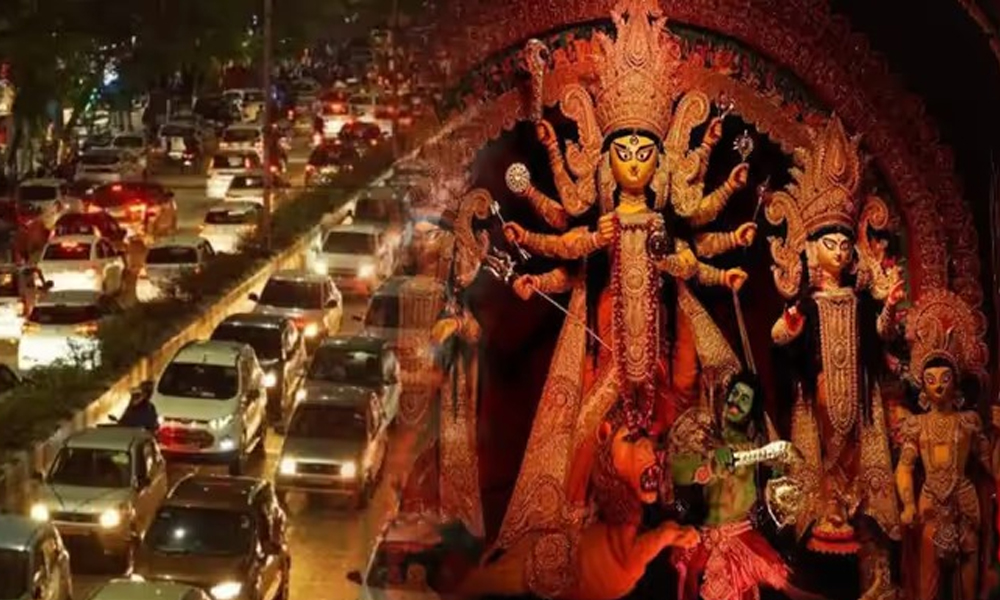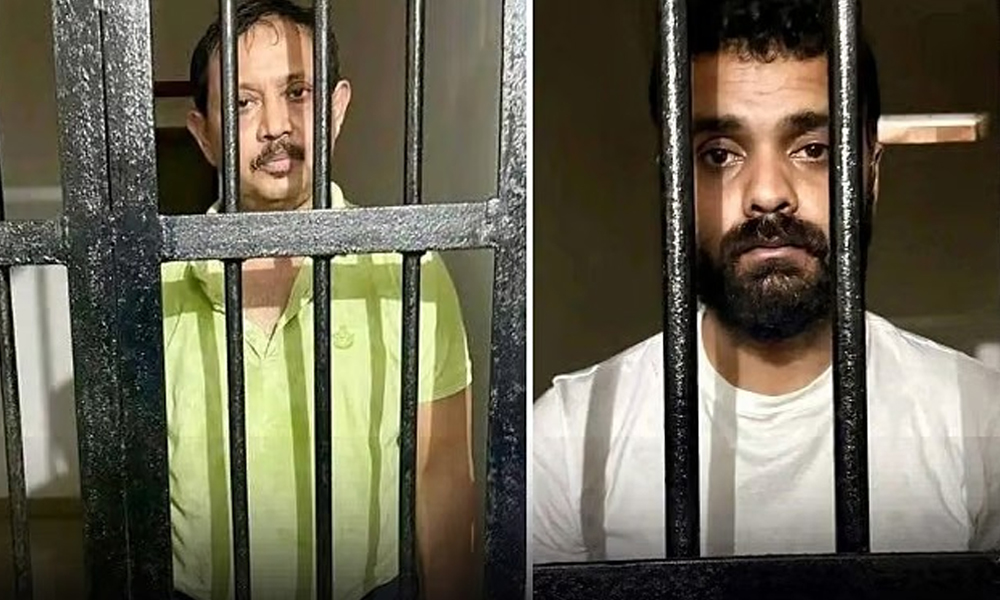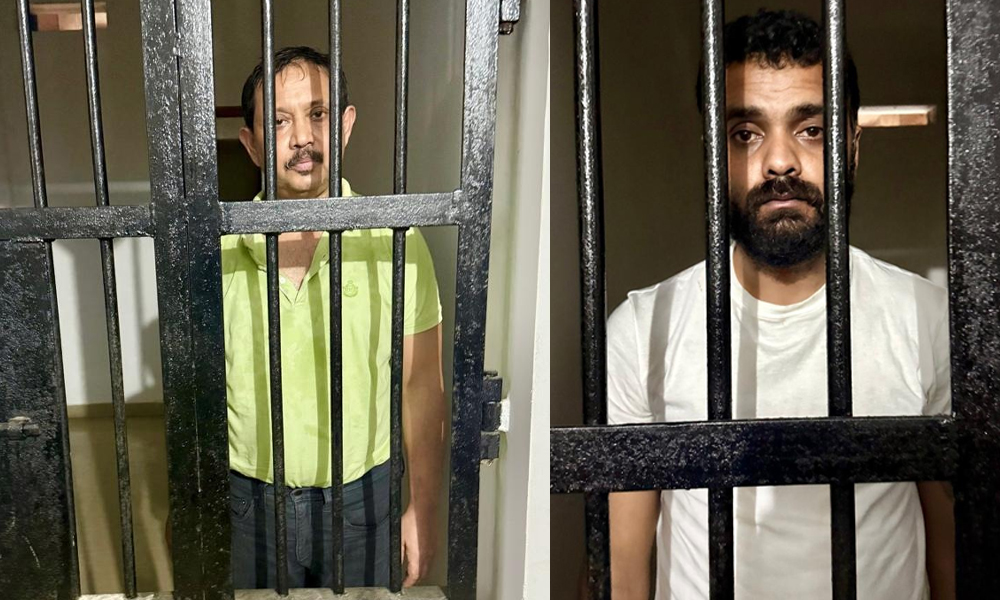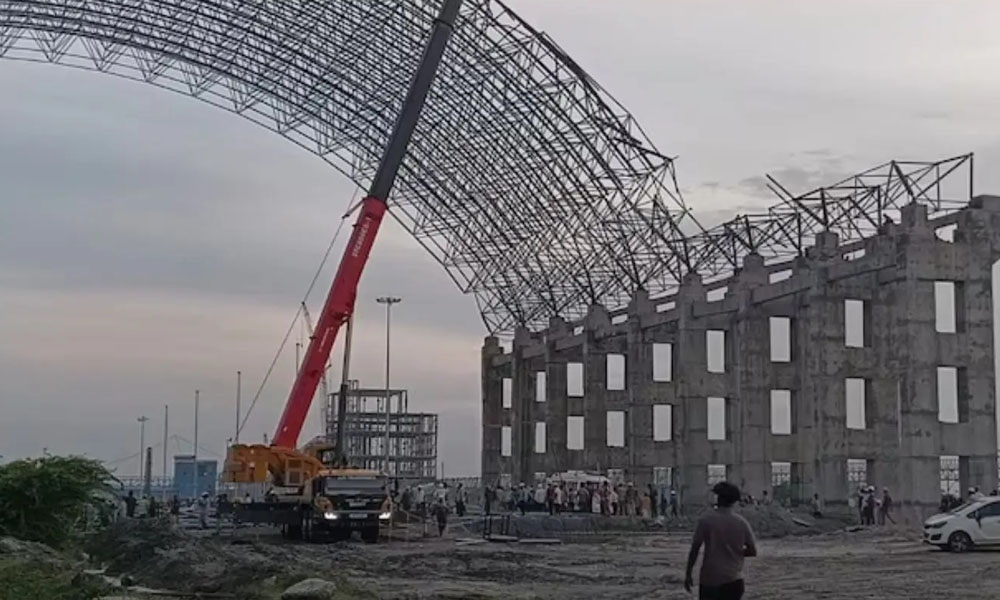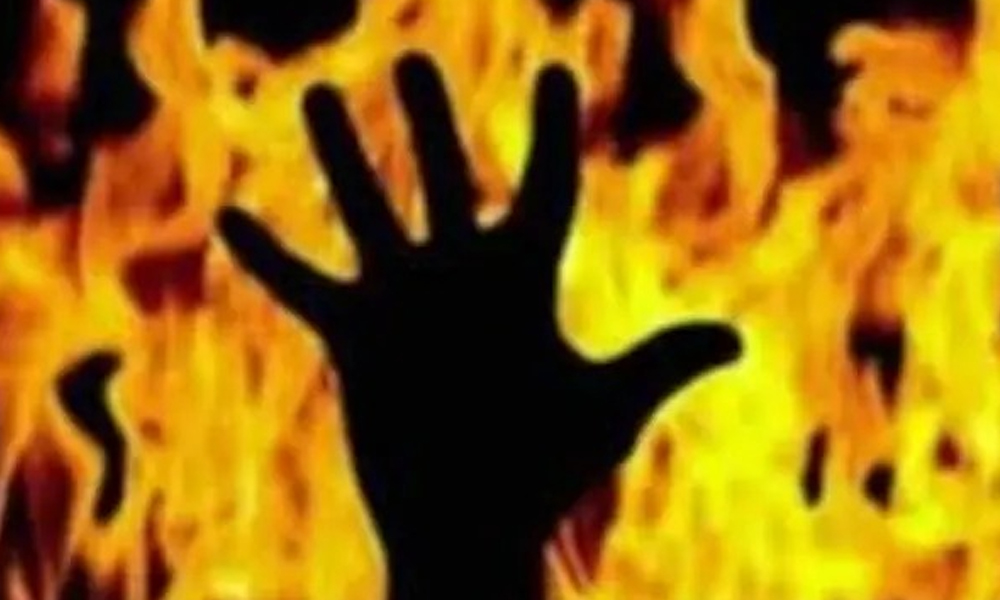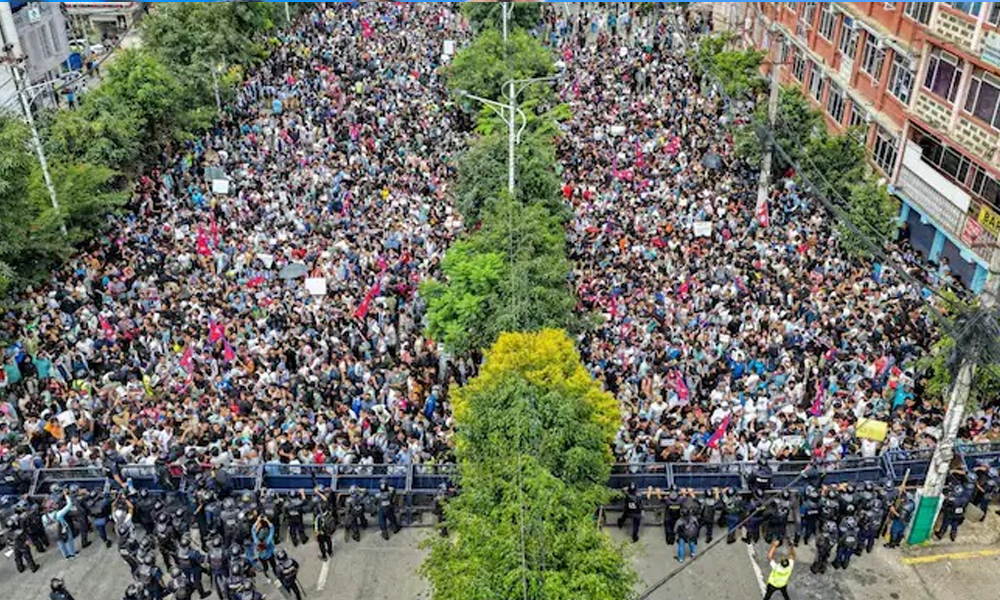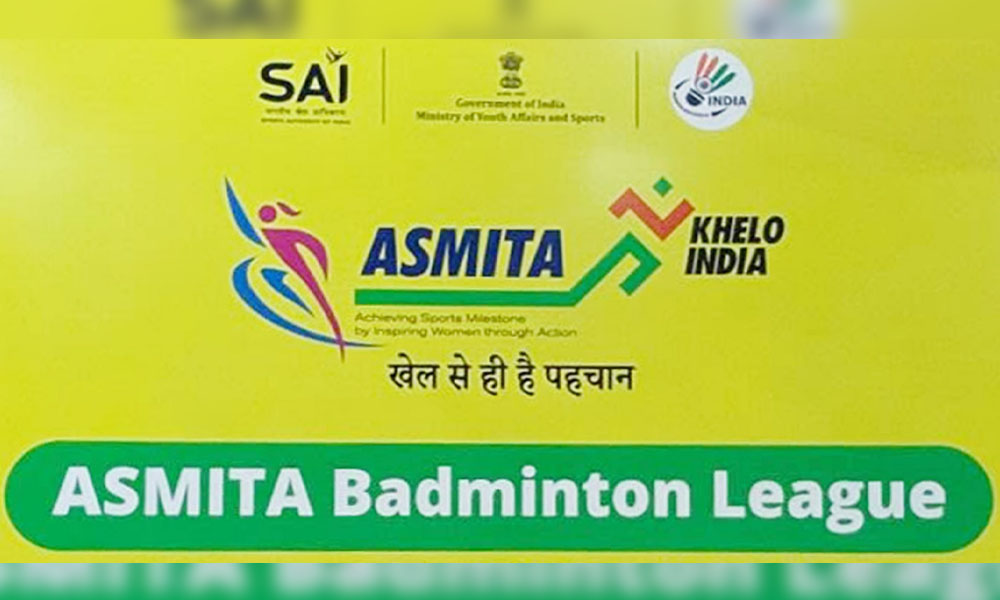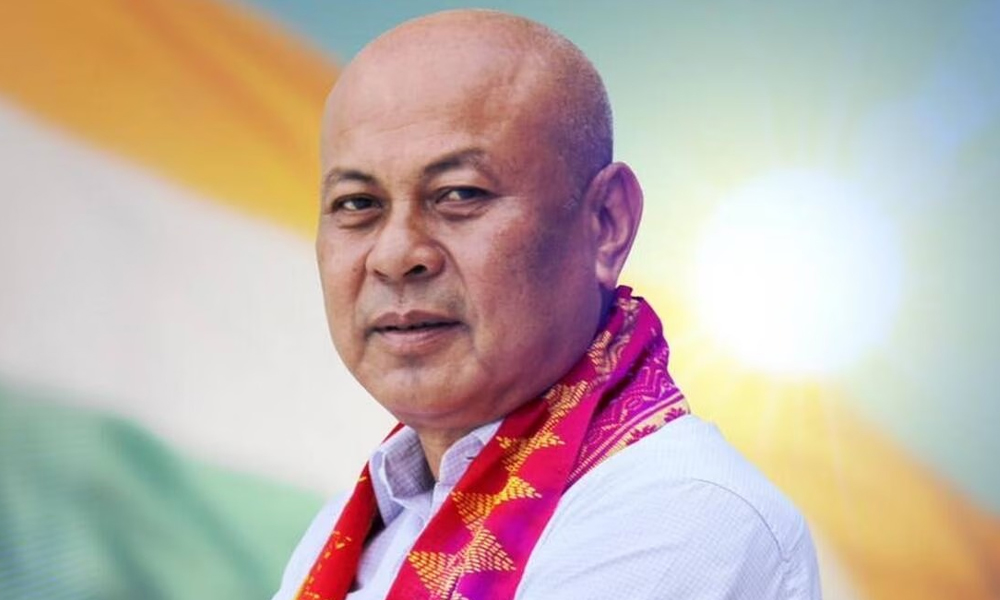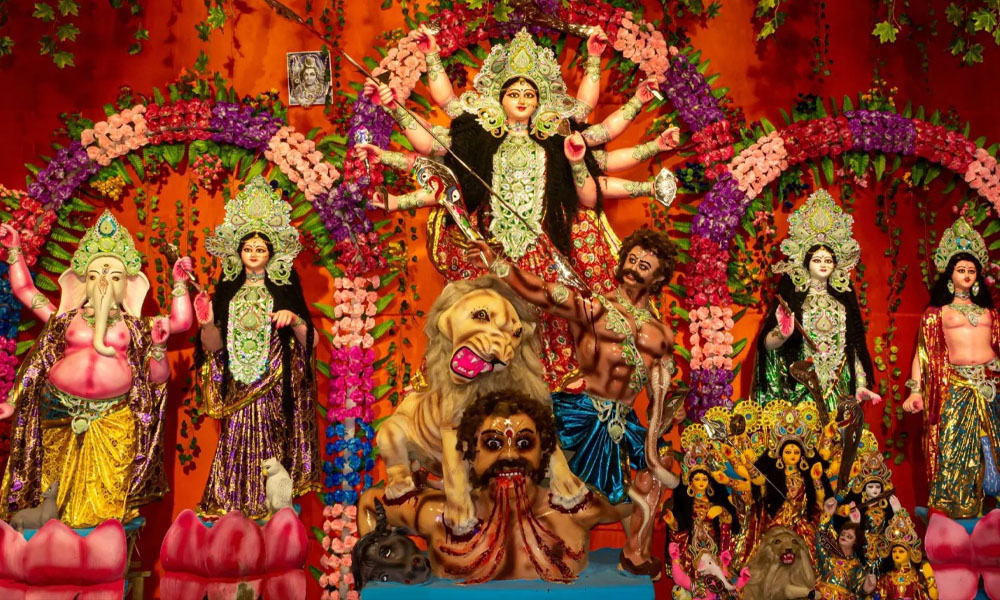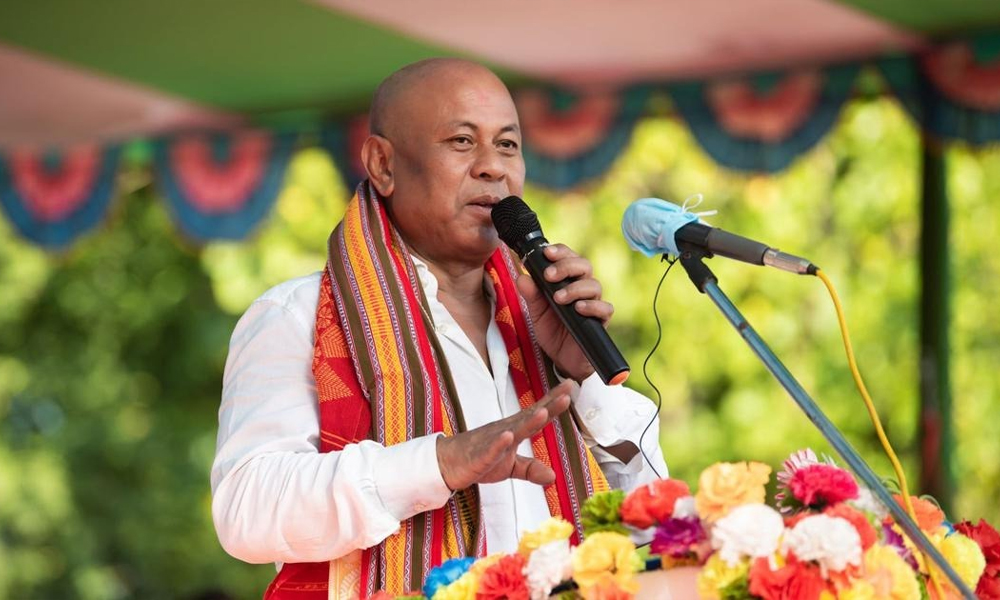Digital Desk: The power of the Bharatiya Janata Party (BJP) in Uttar Pradesh is undeniable. Despite strong showings elsewhere in the state, the party's position in the second round of the assembly elections in the state has been a little shaky.
In 2017, the BJP won 38 of the 55 seats up for election on February 14. Only 27 assembly segments were won by the party in the 2019 Lok Sabha elections, two years later.
A larger proportion of Muslims in several of the seats voting in phase II of the state's seven-phase elections could be one of the explanations. According to Census data, there are nine seats in which Muslims account for more than half of the electorate. Rampur, Sambhal, Amroha, Chamraua, and Nagina are some of the Muslim-majority seats.
Also Read: Stolen Buddha statue resurfaced in Italy to be returned to India
In addition, there are 14 seats where they receive 40 to 50 percent of the vote. In other words, Muslims can have a major impact on the voting outcome in over two dozen assembly constituencies - in some cases alone, and in others with Dalits and other backward sections (OBCs).
According to survey data from the Centre for the Study of Developing Societies (CSDS), over 55% of Muslims voted for the Samajwadi Party (SP) in 2017. The SP received 26% of the vote in the 2014 assembly elections, winning 15 of the 55 seats. In this region, the party received a bigger percentage of the vote than in the rest of the state.
The SP ran in the previous assembly elections as part of a coalition with the Congress party. With 8% of the vote, its coalition partner had gained two seats. The SP and the Congress had a combined vote share of 34% at the time, which was similar to the BJP's 38% in the region.
The SP is running in 2022 elections with the Rashtriya Lok Dal (RLD). Political analysts predict that the SP-led alliance will win the majority of Muslim ballots. Traditionally, Yadav and other OBC groups have voted for the SP.
The SP ran in the 2019 Lok Sabha elections in coalition with the Bahujan Samaj Party (BSP). In these 55 seats, their aggregate vote share was higher than the BJP's, and they had a lead in 28 assembly divisions.
A considerable number of Dalits and Muslims are believed to have voted for the SP-BSP coalition at the time. According to calculations based on Census statistics, the combined strength of Dalits and Muslims in 31 seats is 50 percent or more. Dalits have predominantly voted for the BSP in recent years, according to polling data. However, after 2014, a portion of the population is thought to have shifted to the Bharatiya Janata Party.
.


